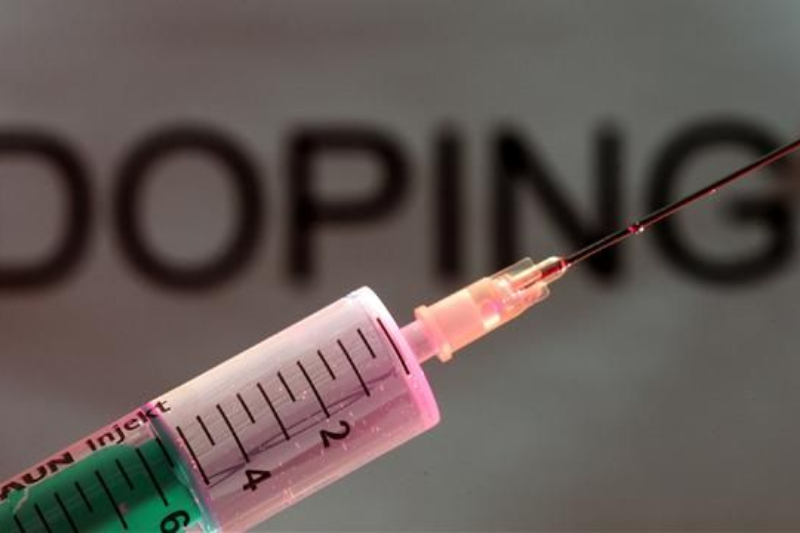Less than five months ahead of the Paris Olympic Games, the World Anti-Doping Agency (WADA) has suspended the operations of the only accredited analysis laboratory in Africa. The suspension, effective from the end of Monday, was imposed due to deficiencies in the laboratory’s analysis method for detecting steroid use among athletes.
The laboratory, located in Bloemfontein, South Africa, will have its accreditation withdrawn for a period of up to six months. During this time, samples collected in Bloemfontein will need to be securely transported to another WADA-accredited laboratory for analysis.
WADA’s decision to suspend the laboratory aims to ensure the continuity of high-quality sample analysis and maintain athletes’ confidence in the anti-doping process and the overall anti-doping system. The closest WADA-approved laboratories to South Africa are located in Qatar (6,600 km from Bloemfontein), India, Portugal, Spain, and Turkey.
Keep Reading
The challenge of collecting samples from remote training centers and transporting them over long distances to laboratories poses a risk of sample degradation, rendering them unusable for testing. These other laboratories may now be involved in evaluating future samples taken from African athletes, particularly as part of a global anti-doping program leading up to the Paris Olympic Games, scheduled to commence on July 26.
WADA initially imposed restrictions on the Isotope Ratio Mass Spectrometry (IRMS) analytical method at the South African laboratory back in September. Last month, a group of experts advising WADA identified multiple non-compliances in the laboratory’s work. Consequently, the suspension of all testing in Bloemfontein came into effect last Friday. However, if the laboratory meets the required international standards, the suspension can be lifted before the six-month timeframe.

